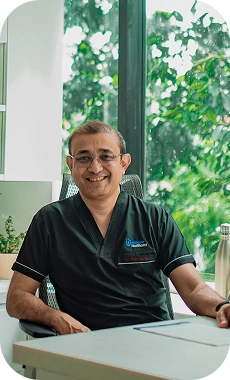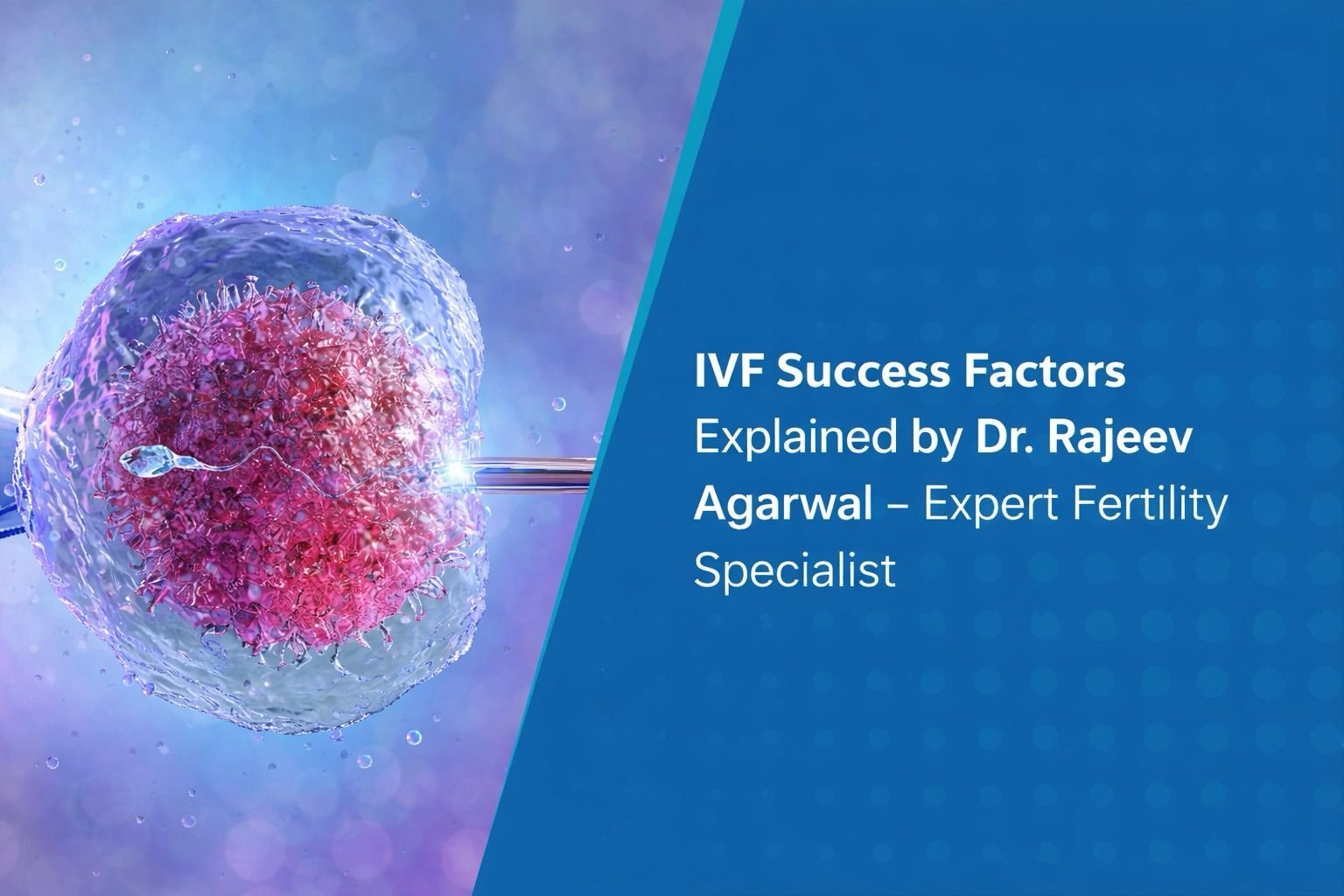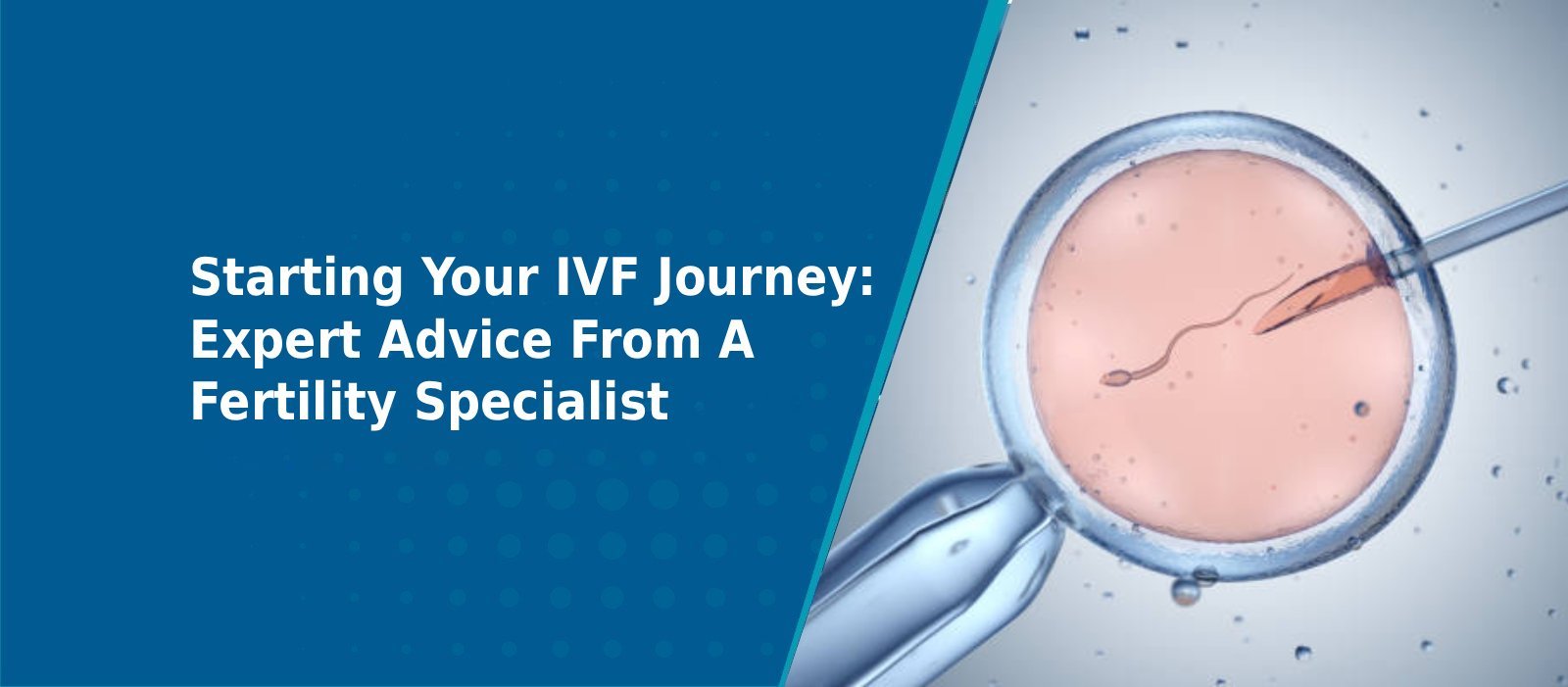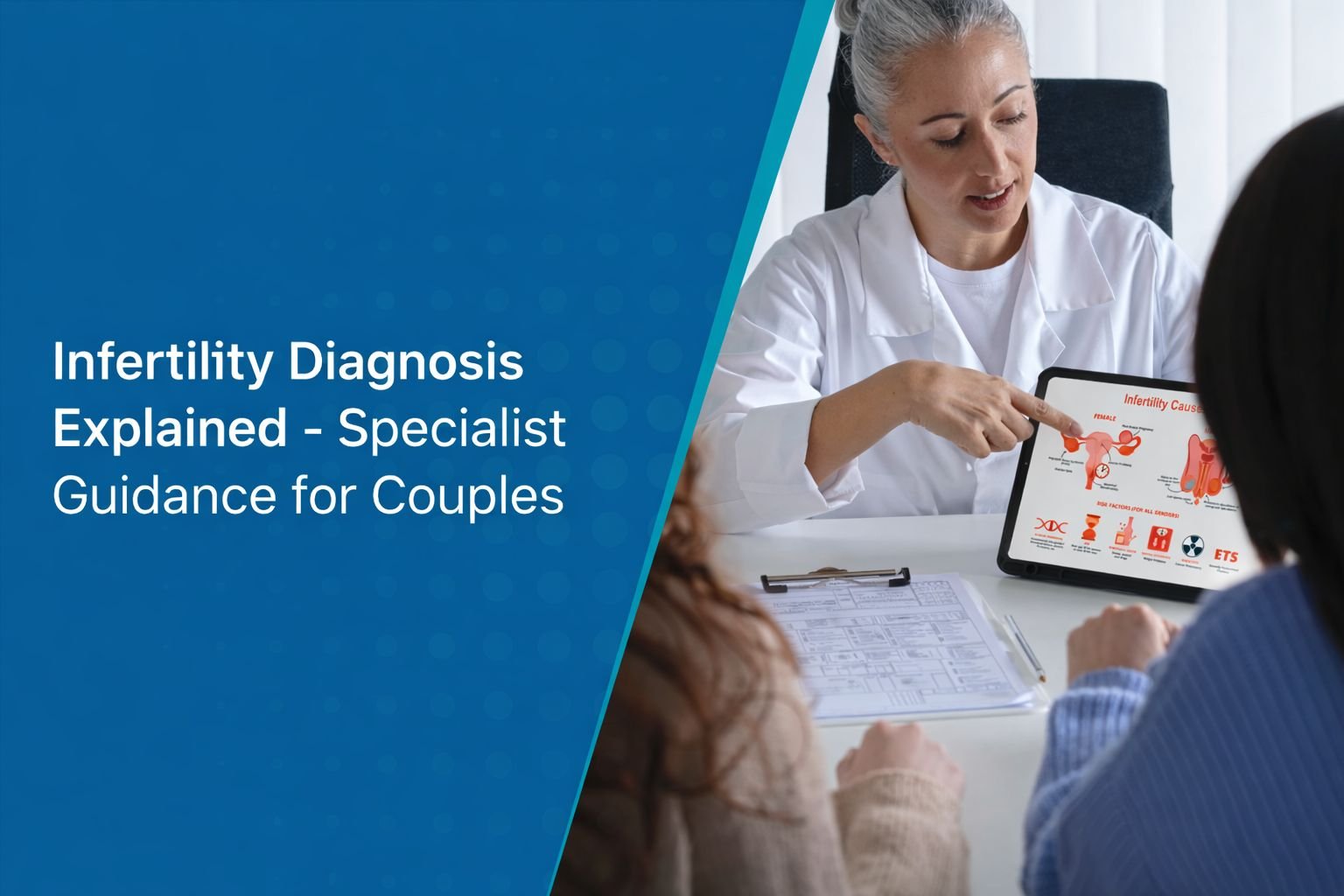
Fertility Treatments: Personalized Pathways to Parenthood

Talk to us about
Why me? How am I different?
Planning Ahead
We believe in helping our patients plan ahead as learning about your fertility should not come at the last minute.
Holistic Approach
We understand that there are many factors from our lifestyle to our medical history to our genetics that can affect our fertility. Our comprehensive fertility consults take all this into account during discussions.
Personalised
Fertility and pregnancy look different for everyone so we are focused on providing care that is built around you.
Advanced Science
Our care is rigorously founded on the latest advancements in fertility, leaving no room for anything less. No gimmicks, or false hope, just evidence-based advanced care.
Frequently Asked Questions
Fertility refers to the natural ability to conceive and give birth to a child. It is influenced by various biological, environmental, and lifestyle factors in both men and women. While many individuals achieve conception without difficulty, others may face challenges due to underlying health issues or external factors.
Infertility is the inability to conceive after one year of regular, unprotected intercourse (or six months for women over 35). It can be due to issues with the reproductive system of either partner or a combination of factors. Infertility affects approximately 10-15% of couples worldwide, and its causes can often be identified and treated with appropriate medical care.
Several factors can influence fertility, including:
- Age: A woman’s egg quality and quantity decrease with age. Men’s sperm quality also declines, albeit more gradually.
- Lifestyle Choices: Smoking, alcohol, and drug use negatively impact fertility in both genders.
- Weight: Being overweight or underweight can disrupt hormonal balance and ovulation.
- Environmental Exposures: Pesticides, heavy metals, and radiation can affect reproductive health.
Chronic Medical Conditions: Diabetes, thyroid disorders, and autoimmune diseases may contribute to infertility.
Common Causes:
- Age: Fertility declines significantly after the age of 35 in women, and in men, it significantly decreases after the age of 40.
- BMI: Obesity impacts the ability for conception.
- Lifestyle Factors: Smoking, excessive alcohol consumption, obesity, or extreme stress.
- Unexplained Infertility: In about 20% of cases, the exact cause remains unidentified.
- Genetic Factors: Conditions like Klinefelter syndrome, Turner’s syndrome, Fragile X syndrome etc.
- Immunological factors: Autoimmune conditions or abnormal immune responses that attack sperm, eggs, or embryos can lead to infertility. Conditions like antiphospholipid syndrome or abnormal natural killer cell activity are examples.
In Women:
- Ovulatory Disorders: Conditions like polycystic ovary syndrome (PCOS) or premature ovarian insufficiency.
- Uterine or Cervical Abnormalities: Fibroids, polyps, or structural abnormalities.
- Fallopian Tube Damage or Blockage: Often caused by infections, endometriosis, or pelvic surgeries.
- Endometriosis: Tissue similar to the uterine lining grows outside the uterus, impacting fertility.
- Hormonal imbalance: Certain hormones like thyroid stimulating hormone & prolactin may interfere with conception.
In Men:
- Low Sperm Count or Poor Sperm Quality: Affects the ability to fertilize an egg.
- Hormonal Imbalances: Reduced levels of testosterone or other hormones.
Varicocele: Enlarged veins in the scrotum can impair sperm production.
Fertility treatments are recommended for individuals or couples who:
- Have been trying to conceive for over a year (or six months for women over 35).
- Have known medical conditions affecting fertility, such as PCOS, low ovarian reserve, low sperm count, certain genetic conditions etc.
- Experience recurrent pregnancy loss.
- Are planning parenthood later in life and wish to preserve fertility.
- Have undergone cancer treatments or other medical interventions that impact reproductive health.
Timely intervention is crucial for optimizing success rates. You should seek help if:
- You’re under 35 and unable to conceive after one year of trying.
- You’re over 35 and unable to conceive after six months of trying.
- You’ve experienced two or more miscarriages.
- You’ve been diagnosed with a condition known to affect fertility.
- You’re interested in fertility preservation.
- You’re undergoing cancer treatment.
Unique Approach To
Your Health Needs
“IVF felt overwhelming, but the support and clarity we received made all the difference.”


Ronita
“We felt like more than just a case—they truly cared about our dream of becoming parents.”

Keka
“Every step was explained with compassion and science. We now have a healthy baby boy.”

Natasha
After multiple failed attempts elsewhere, success finally happened with Dr. Rajeev.”

Misha


10K
happy patients

4.9
google ratings


Other Services

Hysteroscopic Procedure
To diagnose and treat uterine issues.
- Treats fibroids, polyps, and scarring.
- Quick, outpatient recovery.
- Accurate, targeted care.

Preconception Care
Get baby-ready with expert pre-pregnancy care.
- Health checks to prep for a safe pregnancy.
- Fertility-friendly nutrition and lifestyle tips.
- Guidance on supplements and wellness habits.

Vaginismus Therapy
Gentle care to overcome painful intimacy.
- Pelvic floor exercises for muscle relaxation.
- Mind-body therapy to ease fear and tension.
- Gradual dilator use for comfort and confidence.

Urinary Laser Therapy
Quick laser treatment for better bladder control.
- Stimulates tissue for better support.
- Non-invasive with minimal downtime.
- Helps reduce leaks and urgency.

Laparoscopic Surgery
Minimal incision surgery with faster recovery.
- Treats fibroids, endometriosis, cysts & more.
- Less pain, quicker healing.
- High-precision, safe procedure.
Essential Resources
In This Article What Do IVF Success Rates Actually
Key Takeaways IVF is one of the most advanced fertility
Key Takeaways Infertility is more common than you think,




